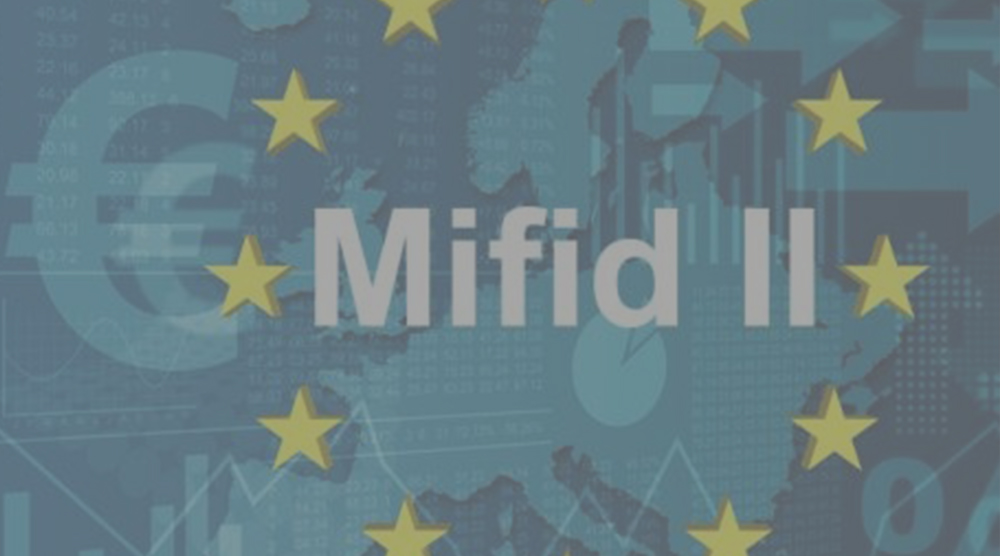MiFID II uncertainties have been well-documented by numerous service providers and lawyers. Now is the time for managers to start implementing practical solutions to overcome or at least demonstrate best efforts compliance with MiFID II. MiFID II obliges fund manufacturers to monitor and understand how their distributors sell their funds.
The majority of respondents to the Calastone study appreciate that enhancements to their know-your-distributor (KYD) protocols need to be enacted, although a sizeable minority (24%) have yet to work out quite what the new rules mean. Nine per-cent alarmingly told Calastone’s survey they have not given it any consideration. So what should fund manufacturers be doing in regards to bolstering their KYD?
Nearly one third of respondents to the Calastone survey are going to establish distribution support teams to assist with KYD. It is likely these managers will have sizeable assets under management (AuM) and sufficient resources at their disposal to build such internal infrastructure. Others may not have the stomach or resources to weather such costs given the volley of regulations coming their way.
A fifth of market participants told Calastone that KYD could be externalised or outsourced to a trusted third party. Thirty per-cent said jointly that a transfer agent (TA) or software provider could be entrusted with such a role, followed by an administrator (23%) and custodian (10%). The deadline for MiFID II compliance is creeping up rapidly, so fund managers need to devote greater thought as to how they will manage their KYD, or look for a service provider who might be able to offer such a utility. Calastone, for example, has a service which allows for the hosting of platform due diligence questionnaires, which can be used as a means to enable KYD.
Ensuring products are sold to the correct target market now falls within the remit of the fund manufacturer as well as the distributor. This will mean manufacturers will need to clearly define who their target market is. For example, an active asset manager focused on niche emerging markets transacting in bespoke derivative products would have to set the bar quite high in terms of end investors’ financial literacy requirements and risk profile. The manufacturer would have to look-thru the distribution chain to ensure unsophisticated retail clients have not bought units in such a complex investment vehicle.
A common industry standard on suitability could be created although such consensus can be tricky. Irrespective, fund manufacturers will be required to source client information from their distributors to make sure high-octane products have not been inadvertently sold to ordinary retail investors or to individuals with a limited risk profile or understanding of investments. Manufacturers must now go beyond the nominee level but have an insight into how their fund is distributed at a sub-nominee level.
Furthermore, there are strong elements of extraterritoriality within MiFID II. If a fund is distributed from the EU into Asia-Pacific or Latin America, for example, the manufacturer will still need to ensure that the end target market is appropriate for their funds in those regions.
Many fund manufacturers remain uncertain as to how this data collection exercise will operate, although some are exploring whether it can be internalised or delegated to a third party. Calastone currently is the only service provider to offer such a look-thru solution for its clients through its Data Services offering. Our tool grants clients transparency through the distribution chain and gives them an overview of subscriptions and redemptions and AuM across asset class, country and distributor. This can be used for business intelligence purposes – i.e. identifying which products are selling well and to whom. Equally, the data can also be aggregated enabling manufacturers to benchmark their offering against competition.
Ensuring compliance could be achieved internally although 33 per-cent of respondents to the Calastone study expect this task to be undertaken by a combination of internal and external management. The study found that fin-tech providers will be likely candidates for any outsourced compliance role in terms of product governance.




















